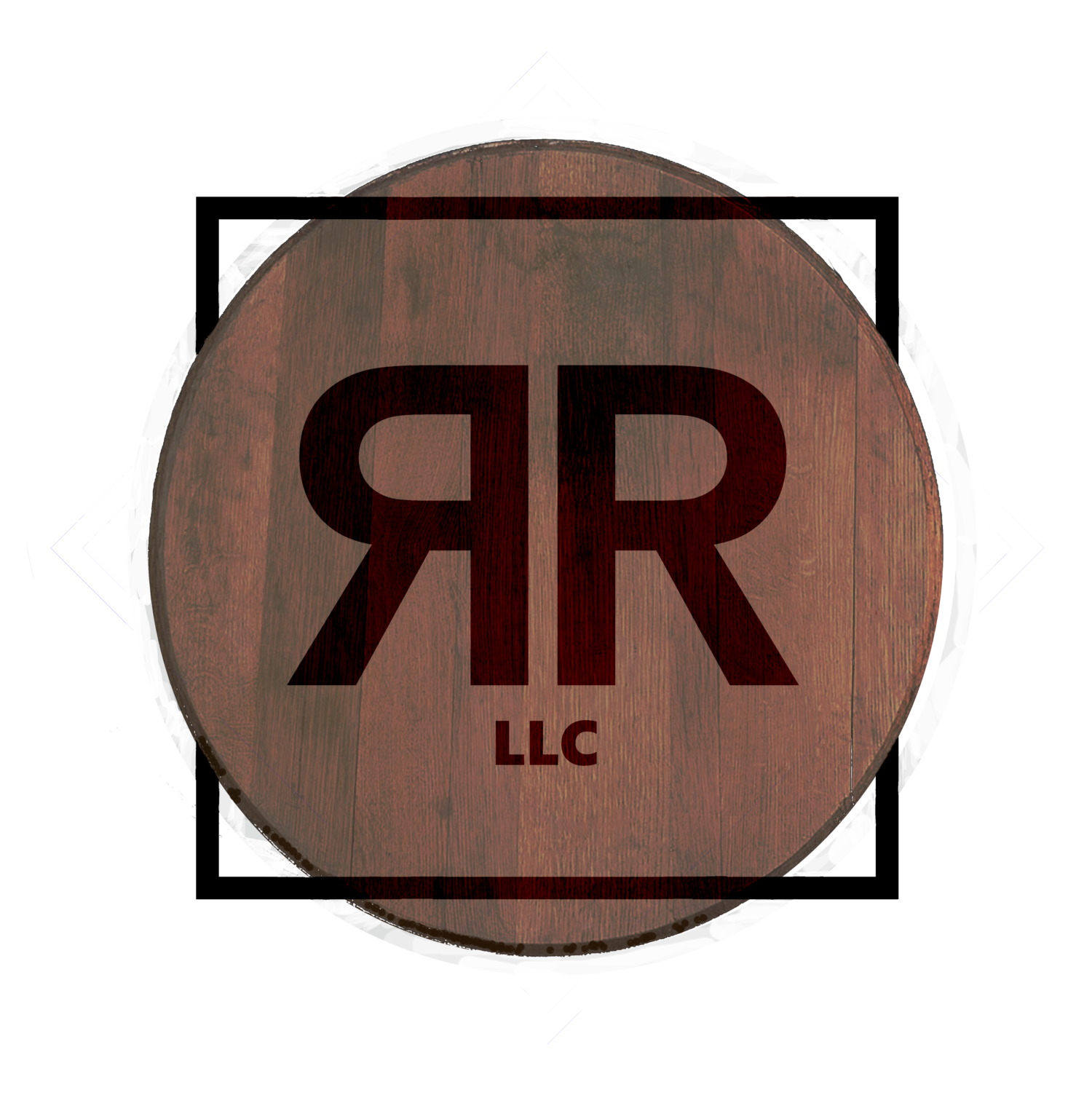I was appalled when I entered the booze industry coming out of the tech sales field. Its methods and practices were so far behind the leading edge of current business practices, relying mostly on myths, relaxed standards, graft and “relationships”. Much of that regressive attitude still lingers today. So it was fitting when I saw a reference recently to book that was transformative for me, Andy Grove's "Only the Paranoid Survive". Grove was the co-founder of Intel and not a guy to wear his founder status on his sleeve: until the day he retired, he worked in a cubicle like everyone else. The title, and heart of the book, should be an object lesson to the liquor industry today.
Grove wrote the book with his co-founder Gordon Moore's dictum in mind. Moore's Law states that the capacity to increase the circuitry in a silicon chip, thereby increasing its capacity to compute, would increase exponentially. As it increases, it causes disruption and change in the entire ecosystem: hardware, software, processes and methods all would go through severe disruption and change as a result. This is what drove the tech bubble in the 80s and 90s. To be "paranoid", as Grove put it, was to be in step, or one step ahead, of change: manage change, or change manages you.
When I first entered the liquor industry, I immediately noticed the similarity of the rising craft boom to that of those crazy Silicon Valley years, and each year the similarity has played itself out. The end result of the tech "bubble" was not really a burst, it was a fizzle (although it was helped along by 9/11 and a slight recession). And the fizzle came due to over saturation of the marketplace. In the case of tech, every itching business need had already found more than one solution to it: from finance to marketing/sales, supply chain, recruiting, warehouse management, etc. In some cases, solutions were created from a need that wasn't yet anticipated. Each "space" had a plethora of small mini-solutions to larger integrated ones: many times one of the small companies I represented went up against a giant like Microsoft or SAP (some we'd win, some we'd lose). The end result was that each sector drove the quality of the competitors to a higher level and you either introduced products and services at the top of your game or you weren't around very long. To do that, it took serious investment to indulge in R&D prior to a launch, or you would be DOA as your competitors would drive you into the ground faster than a circuit switches from 1 to 0.
Take a look around at the number of liquor and spirits products available today, the number of companies that have sprung up as part of this ecosystem. The craft boom was the force multiplier that drove the industry to the peak it is today, forcing disruption and expansion into the heritage distilleries and producers due to the threat the small guys created. We're now awash in an abundance of flavor/riffs/takes/variations of practically the entire spectrum of organileptic perception: from vodka to whiskey to gin to aperitifs/digestifs to obscure spirits from remote parts of the world. Bar and restaurant turnover is at an all time high. The spirits industry has pegged its fortunes on the Millennial demographic that is maturing and aging into a smaller realm of "favorites" and as a result, consolidation occurs as bets get hedged. Change is constant, its in the air right now. Stay paranoid, my friend.

